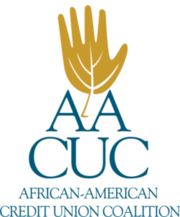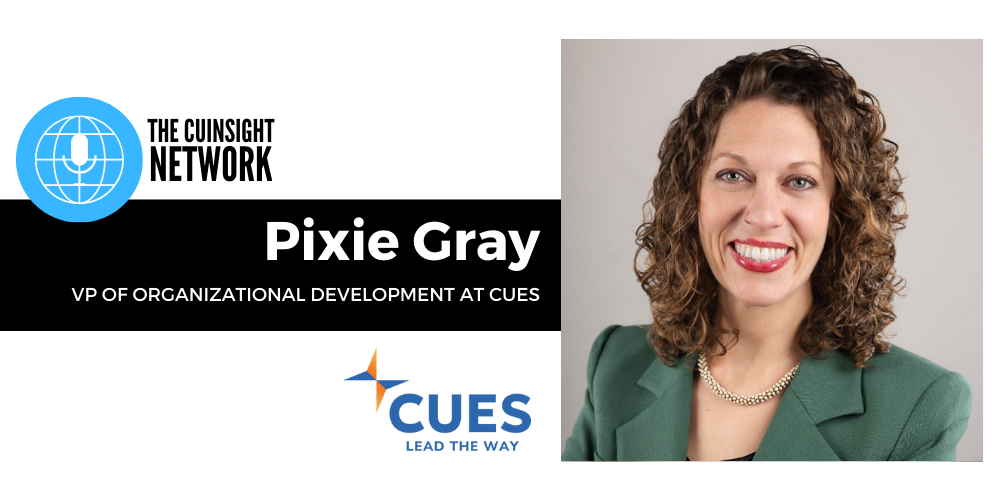The credit union industry is built on trust, service, and a community-centered approach. But as financial landscapes evolve, so too do the challenges faced by human resources (HR) departments in maintaining strong, capable teams. Credit unions are community partners in every area they serve. Having capable teams to execute and provide a great member experience has been the key to their uniqueness. Here, we explore some of the most pressing HR challenges credit unions face and outline strategies to overcome them.
Talent acquisition and retention
Credit unions often face stiff competition from larger financial institutions that can offer higher salaries and more benefits. Geographical locations provide another set of challenges as they may not be in metro cities. Additionally, with the rise of remote work, credit unions are not only competing locally but also with national and even global employers for talent.
Strategy:
- Emphasize mission and values: Highlight the community-focused, member-driven mission that credit unions stand for, which often resonates with purpose-driven professionals. Showcase the impact employees have on local communities. Let potential employees see your values at work so they can easily determine their alignment.
- Competitive benefits beyond salary: Offer unique benefits such as student loan assistance, professional development opportunities, flexible work arrangements, and a focus on work-life balance.
- Building a strong employer brand: Engage potential employees on social media, on career platforms, and through community involvement to build a strong, attractive employer brand.
Diversity, Equity, and Inclusion (DEI)
The financial services industry, including credit unions, has been criticized for lack of diversity in leadership roles. Additionally, addressing generational diversity in the workforce is a growing need. In recent years, some organizations have faced criticism for their DEI initiatives, with detractors arguing that these efforts are either performative or divisive. This has led to a rollback of DEI programs in some corporate environments. However, for credit unions, which are built on the principles of community, equity, and member service, diversity and inclusion are not just corporate buzzwords—they are foundational to their mission.
Strategy:
- Diverse talent pipeline: Partner with universities, community organizations, industry associations, and HR firms to create a pipeline for diverse talent.
- Training programs: Invest in leadership development programs that foster inclusion and ensure that all employees, regardless of background, have opportunities to advance.
- Inclusive culture: Encourage an environment where diverse opinions are valued and focus on building an inclusive culture that ensures employees from all backgrounds feel welcome and appreciated.
Technological advancements and skill gaps
The rapid pace of technological change in financial services, especially in areas like digital banking, fintech integration, and cybersecurity, means that credit unions often find themselves needing staff with highly specialized skills.
Strategy:
- Upskilling and reskilling: Implement ongoing training programs to help current employees develop the skills necessary for new technologies, particularly in areas like data analytics, cybersecurity, and digital banking tools.
- External partnerships: Collaborate with boutique service providers, educational institutions or fintech companies to provide specialized training programs, ensuring employees stay ahead of industry trends.
- In-house mentorship programs: Develop mentorship programs that allow more experienced employees to guide others in adopting new technologies and approaches.
Employee engagement and well-being
High workloads, burnout, and lack of engagement can result in reduced productivity and increased turnover. This has been exacerbated by the stressors of the pandemic and the shift toward hybrid and remote work models. Organizational strategies are required to make engagement and wellness a priority in order to maintain a healthy work environment.
Strategy:
- Focus on mental health and well-being: Credit unions should provide mental health resources, counseling services, and wellness programs. Consider implementing flexible schedules or additional paid time off to combat burnout.
- Employee recognition programs: Recognize and reward employee contributions, both at individual and team levels. This could include awards, financial incentives, or public acknowledgment.
- Fostering a collaborative culture: Create opportunities for employees to connect with one another, whether through regular check-ins, team-building events, or collaborative projects, particularly for those in remote work settings.
Adapting to regulatory changes
The financial services industry is heavily regulated, and credit unions need to remain compliant with both state and federal laws. These ever-evolving regulations create challenges for HR in maintaining up-to-date training and policy implementation.
Strategy:
- Proactive training and education: Implement regular compliance training to ensure all employees are aware of the latest regulatory requirements, particularly those related to labor laws, consumer protection, and data privacy.
- Collaboration with legal departments: HR teams should work closely with legal and compliance departments to ensure policies are up-to-date and in line with new regulations.
- Leveraging technology for compliance: Utilize compliance management software to automate updates, track changes in regulations, and ensure adherence across the organization.
By addressing these challenges with strategic responses, credit unions can ensure they remain competitive in attracting top talent, fostering an inclusive and engaged workforce, and staying ahead in a rapidly changing financial landscape. Part of the solution overall is partnerships. Not all of the resources, solutions, and capabilities are available in house. By partnering with trusted vendor partners—both small and large—credit unions can build their capacity to respond to the challenges and further position them for long-term success.








